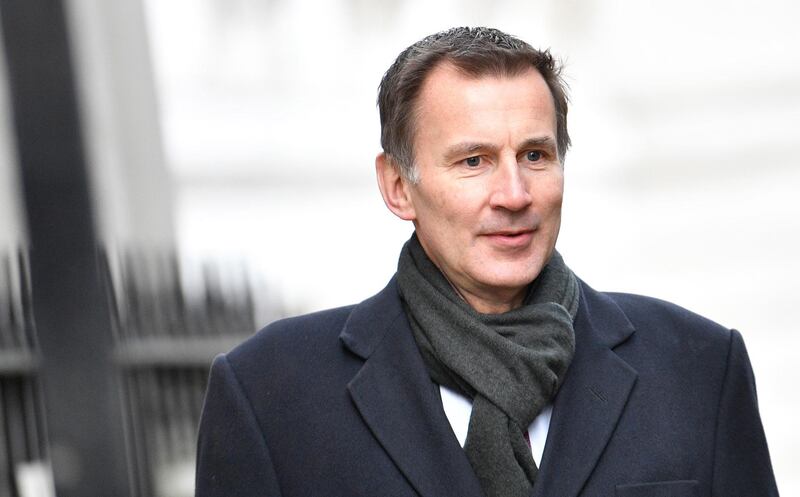A UK government-commissioned inquiry into global Christian persecution will not provide ammunition for the Islamophobic far-right to attack Muslims, the head of the investigation said on Wednesday.
Bishop Philip Mounstephen said his investigation into how British government can greater help more than 200 million Christians who are subject to harassment and threats would not be limited to Muslim countries.
The government wants the bishop to identify ways that the government can harness the UK’s diplomatic network – the third largest behind the US and China – to relieve the pressure on oppressed Christian minorities.
“This is not a stalking horse for the Islamophobic far-right,” said the bishop at the launch of his inquiry in London. He said the findings of his inquiry would not give the resurgent right-wing a “stick to beat” Muslims.
“If Christians are being persecuted, then you can bet your bottom dollar that other minorities are as well,” he said.
Eighty per cent of all people suffering from religious persecution in the world are Christian, according to the UK government. It highlighted anti-Christian activity in India, where a nationalist Hindu government is in power, and in China.
But five countries from the Middle East – Afghanistan, Libya, Yemen, Iran and Syria – are among 11 nations where the levels of persecution against Christians are described as extreme, according to a report this month by Christian charity Open Doors.
Foreign Secretary Jeremy Hunt has cited the dwindling numbers of Christians in the Middle East as the reason to act to protect the religion, saying it had fallen from 20 per cent of the population of the region a century ago to five per cent today.
He said on Wednesday that the UK had been wary of acting in the past in part because of embarrassment over the “misguided imperialism” of Christian missionaries during the height of British Empire in the nineteenth century. He said he was seeking to build a coalition of like-minded nations to promote the cause of persecuted Christians.
The inquiry was launched after criticisms of the UK’s leadership in response the Rohingya crisis in Myanmar, prompting scepticism about the government’s ability to protect other minority groups.
“In the end it has to make a difference otherwise a lot of money, time and effort could be wasted on this,” said Paul Robinson, chief executive of Release International, which campaigns on behalf of persecuted Christians.







